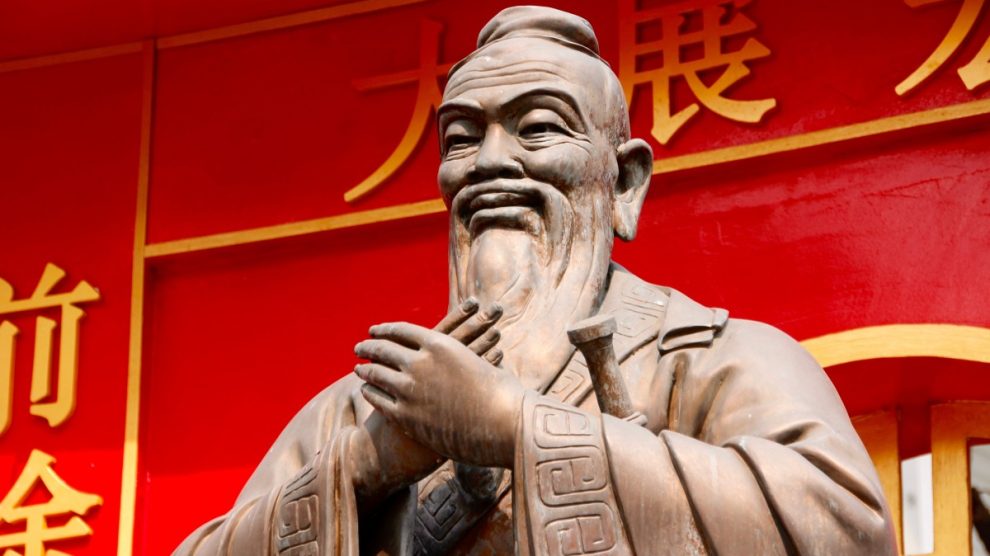Chinese cultural institutes provide linguistic and educational projects but often engage in much more shady initiatives. Here’s a cheat sheet on the presence in Italy
The first Confucius Institute in Italy was established in 2006 at the Sapienza University in Rome. It was the second in Europe. According to the latest available data as of 2021 (the reference site has been unreachable for quite some time), there are 12 Confucius Institutes in Italy (plus more than 500 worldwide) and three Confucius Classes.
- The Confucius Institute program began in 2004 and was supported by the Chinese Ministry of Education-affiliated Hanban. Officially the Office of Chinese Language Council International then changed its name to Centre for Language Education and Cooperation (CLEC) in 2020.
- “CLEC is a nonprofit professional educational institution for teaching Chinese abroad, dedicated to providing high-quality service for those around the world who want to learn Chinese and understand its culture,” explains the website of the Confucius Institute at the Sapienza University in Rome.
Under the rug. “Money and privileges for teachers and students in exchange for influence.” Sinologist Maurizio Scarpari, former director of the Department of East Asian Studies at Ca’ Foscari University in Venice, summed up the situation in Italy two years ago when interviewed by L’Espresso.
- He explained to our sister website Formiche.net that rebranding Confucius Institutes would not change the debate in Italy. “It seems to me there is no will on behalf of the universities hosting Confucius Institutes to reshape the relationship with the Hanban. I don’t think they could even have the strength to do that: there is a format established by the Hanban and no room for negotiation,” he noted.
- “These institutes bring money in, and at this time, in particular, money suits everyone; no one will give it up easily. The universities that are shutting them down are doing so because they decided they don’t want to be constrained. And that universities can do business with China independently and better than they do through the Confucius Institutes. But these are decisions made in the name of freedoms, based on the freedom of opinion: issues that are not present in the Italian debate,” the sinologist concluded.
The latest from the US. In August 2020, under the Biden administration, US Secretary of State Mike Pompeo designated the headquarters of the Confucius Institute in the US as a foreign mission of the People’s Republic of China.
- Confucius Institutes are organizations that “push out skewed Chinese language and cultural training for US students as part of Beijing’s multifaceted propaganda efforts. The PRC government partially funds these programs under guidance from the CCP’s United Front Work Department. The opacity of this organization and its state-directed nature are the driving reasons behind this designation.”
- According to Human Rights Watch, “Confucius Institutes are extensions of the Chinese government that censor certain topics and perspectives in course materials on political grounds, and use hiring practices that take political loyalty into consideration.”
- In the last four years, Confucius Institutes have rapidly closed down across the US. Amid pressure from the FBI, the Department of State, Congress, and state legislatures, colleges and universities have terminated their agreements for these Chinese language and culture centres sponsored by the Chinese government. But Confucius Institutes in the United States are now rebranding and reopening, according to a report published by the National Association of Scholars in July.
A new British report. Only 4 of the 30 Confucius Institutes set up within British universities only provide “cultural and language” education, according to a Henry Jackson Society think tank report. The majority of the institutes are conducting other activities, which in some cases include political lobbying and, in other instances, the facilitation of technology partnerships, research has found, The Telegraph reported.
- Sam Dunning and Anson Kwong, the report’s authors, claimed that some of the institutes are trading on the reputation of British universities while they are “formally part of the propaganda system of the Chinese Communist Party, are financially dependent upon funding from the Chinese Government and, in general, are subject to People’s Republic of China speech restrictions.”

